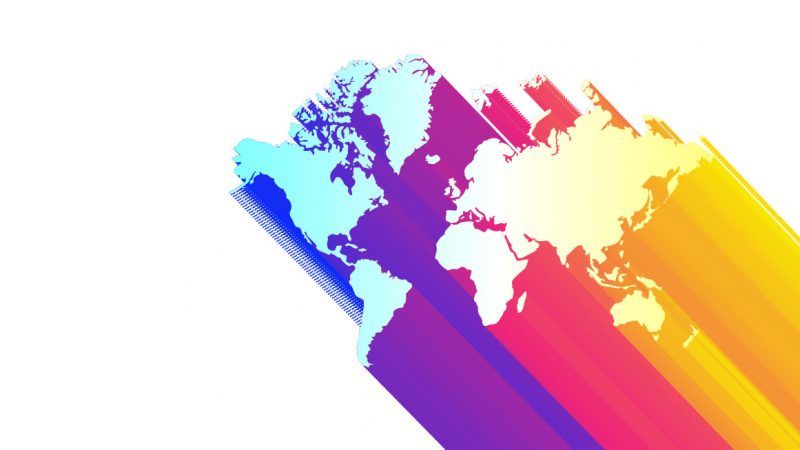Are Free Trade's Best Days Behind Us?

If you were a U.S. trade negotiator in the 1950s or 1960s, you might be a little shocked by the aggressive trade rhetoric thrown around today. China is an existential threat? Our European allies are almost as bad? What exactly went wrong with U.S. leadership of a rules-based trading system?
In truth, the state of American trade policy has been precarious for a while now, and for understandable reasons: the industrial development of a sizeable portion of the developing world; the expansion of trade rules beyond traditional issues of protectionism; and a more powerful international judicial system with "teeth" that can have an impact on U.S. policies. We cannot expect a return to the post–World War II era of bipartisan support for trade agreements.
But thanks to President Donald Trump, the situation has gone from precarious to falling off a cliff. Tariffs have proliferated, as the Trump administration has expanded the use of some trade statutes and dusted off other ones that had been all but forgotten. To the surprise of very few people, U.S. trading partners have retaliated with tariffs of their own.
The Chinese-American relationship may have soured for the foreseeable future. People on both sides of the political spectrum have reasons not to like China these days—human rights violations, security threats—and that will make it difficult to address the trade wreckage left by the Trump administration.
It's tempting to look for relief from some of the many Democrats running for president. But economic nationalism is alive and well on the left. And while voters support trade openness more than they ever have, they tend not to feel strongly about the issue.
Of course, all of the above relates only to U.S. trade policy. The rest of the world is moving in a different direction. The European Union and Japan have just implemented a new trade deal; Canada, Mexico, Japan, and eight other countries are part of the Trans-Pacific Partnership (from which Trump withdrew); China and New Zealand are updating their trade agreement.
In the United States, some future administration will almost certainly get the country back in the game, but it may not happen until we fall far enough behind that the economic pain forces people to take notice.


Show Comments (22)